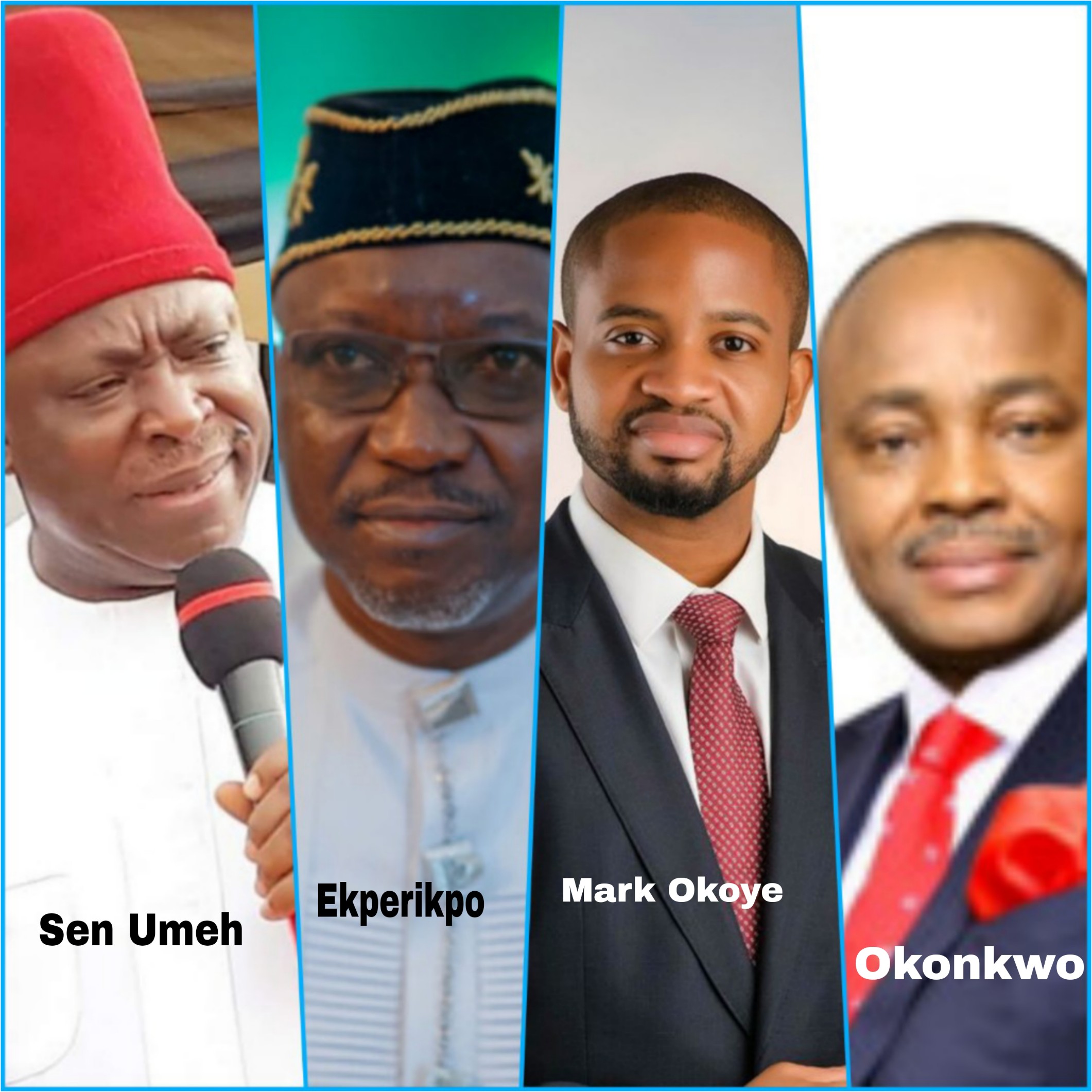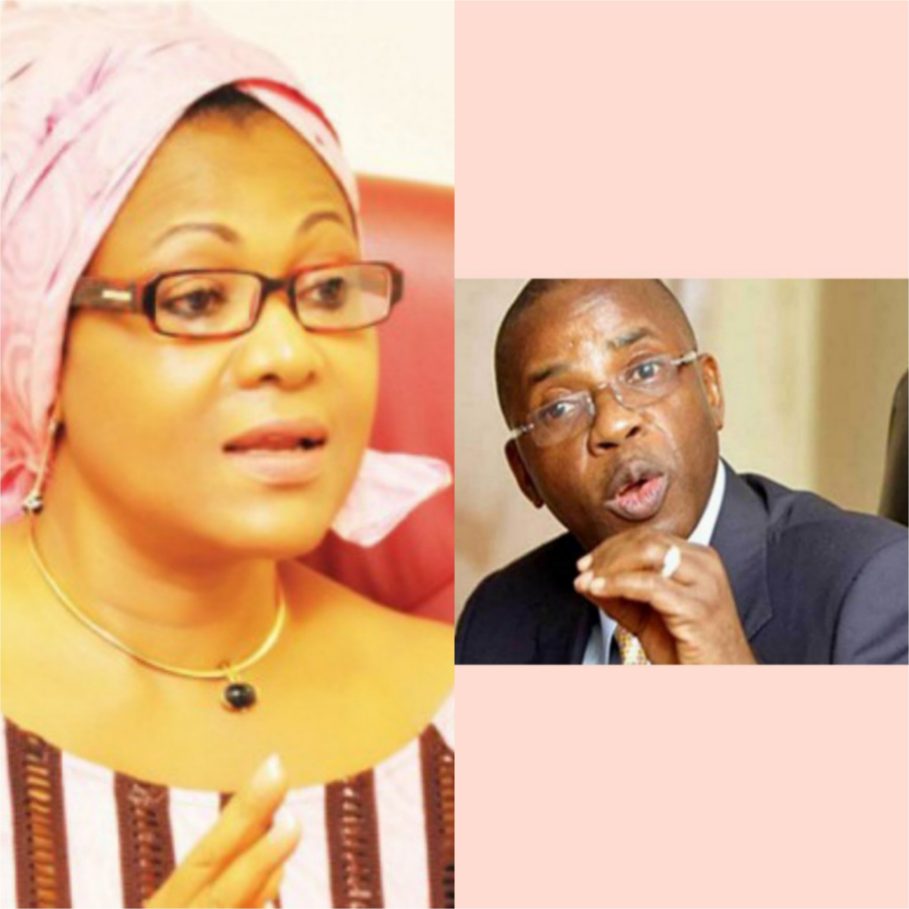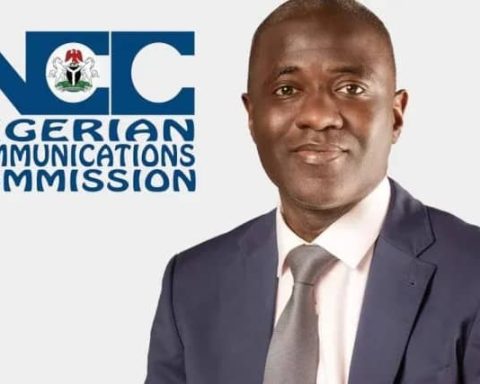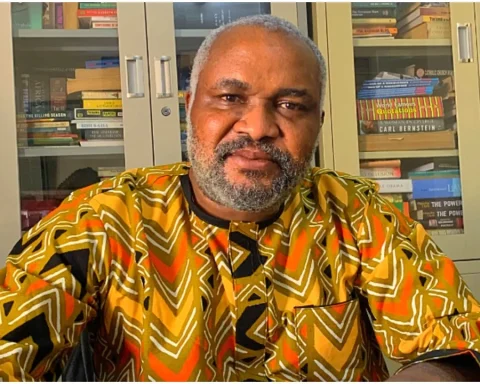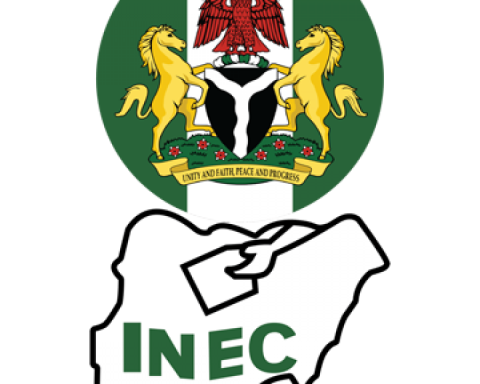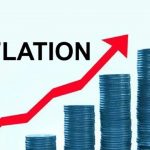… Senator Umeh Asks Relevant Questions
The exclusion of Southeast Nigeria from the nation’s high-pressure gas pipeline infrastructure has raised significant concerns among stakeholders, highlighting issues of regional equity and economic development. Despite the region’s substantial natural gas reserves and its status as a major business hub, some federal projects have largely bypassed the Southeast.
Join our WhatsApp ChannelThe seeming snub or omission of the region from these critical gas pipeline projects, despite its substantial natural gas reserves and industrial potential, may have reinforced longstanding narrative of neglect. The silence of the South-east Governors’ Forum on this issue has also been a point of concern, with calls for more proactive advocacy to ensure the region’s interests are represented in national development plans.
During a budget defense session at the National Assembly on Friday, 17 January, Senator Victor Umeh, the Senator presenting Anambra Central, questioned the Minister of State for Petroleum Resources (Gas), Ekperikpe Ekpo, regarding the absence of high-pressure gas pipelines in the South-east. Senator Umeh emphasised the region’s need for natural gas to drive industrialization and economic growth. In response, Minister Ekpo acknowledged the concern and mentioned plans for future extensions, stating, “There is a proposal for extension across the entire eastern region.”
Historical Context of Marginalisation
The exclusion of South-east Nigeria from the ongoing high-pressure gas pipeline infrastructure amplifies long-standing concerns about the region’s systemic marginalisation in national projects. This omission, against the backdrop of South-east Nigeria’s contributions and potentials, reinforces the narrative of neglect that has persisted since the end of the Nigerian Civil War (1967–1970). Concerned voices have consistently highlighted the marginalisation of the Igbo people, whose heritage, ingenuity, and economic significance are often ignored in federal policies.
Since 1966, South-east Nigeria has experienced glaring inequities in political representation and infrastructure development. The region has the fewest states, local governments, and representatives in the Senate and House of Representatives, despite its large population and industrial potential. The political imbalance extends into federal appointments and the allocation of key national projects, often leaving the South-east poorly represented.
In the economic sphere, decisions like the choice of Ajaokuta in Kogi State for the steel industry, despite Soviet recommendations for Onitsha in 1959, epitomize how economic viability and strategic planning have been sacrificed for political expediency.
Gas Pipeline Exclusion: Continuation of Neglect
The absence of the South-east in the high-pressure gas pipeline network mirrors this historical neglect. While projects such as the Ajaokuta–Kaduna–Kano (AKK) and Obiafu-Obrikom-Oben (OB3) pipelines are advancing in other regions, the South-east remains excluded. These pipelines are essential for industrial growth, power generation, and energy affordability. Their exclusion not only stifles the region’s economic potential but also perpetuates stereotypes of the South-east as inconsequential in national planning.
Senator Victor Umeh’s recent inquiry into this exclusion during a National Assembly budget session revealed that plans to extend the pipelines to the South-east are only speculative. Meanwhile, regions already enjoying such infrastructure continue to consolidate their economic advantages.
Nepotism and Economic Exclusion
The federal government’s recent exclusion of Peace Mass Transit (PMT), a prominent transport company based in Enugu, from the inter-state palliative fare scheme is another example of systemic bias. PMT, with over 3,000 buses operating across 25 states, was bypassed in favor of less prominent companies, raising questions about fairness in federal decision-making.
In the maritime sector, the South-east’s ports remain underutilized, while Western ports like Apapa and Tin-Can Island handle over 70% of Nigeria’s international trade. Poor infrastructure, political neglect, and bureaucratic inefficiencies at Eastern ports, including Port Harcourt, Onne, and Calabar, perpetuate this disparity. Despite government claims, the overuse of Western ports stems from policies that historically favored the Lagos-Ogun economic axis, which hosts over 65% of Nigeria’s industries.
READ ALSO: Calls For Seaport Decentralisation Increase As Citizens Highlight Benefits To Economy
Implications of Marginalisation
The Southeast’s exclusion from critical infrastructure projects has far-reaching implications. First, without high-pressure gas pipelines, industries in the South-east face higher energy costs, hampering competitiveness and industrialization, leading further to economic stagnation.
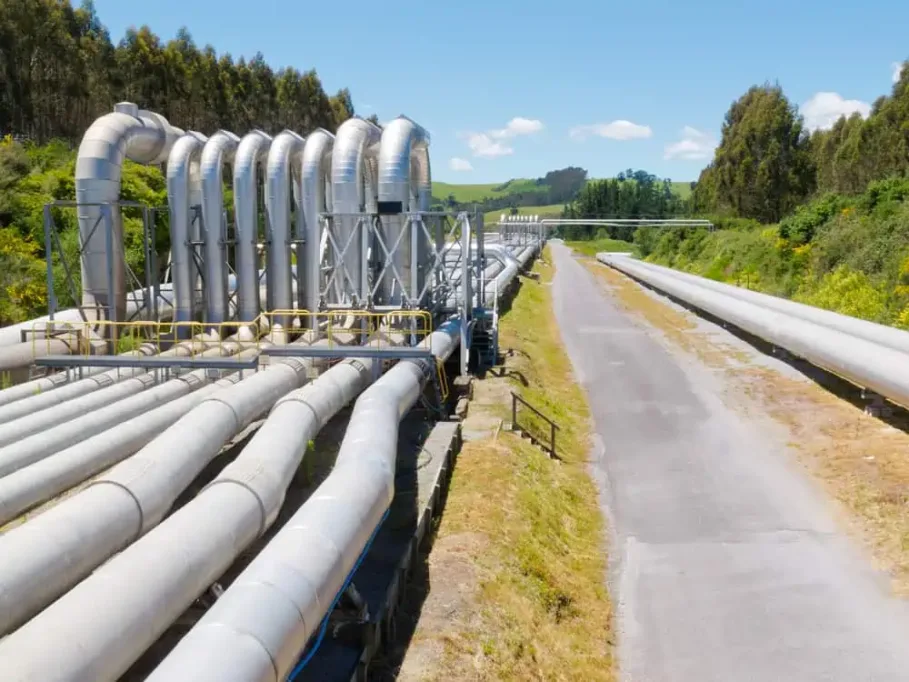
The unequal distribution of federal projects underscores systemic inequities in governance, further alienating the region, and fostering political disenfranchisement. This implies persistent marginalization risks, deepening regional divides that undermine the goal of a united, prosperous Nigeria, which successive federal governments continue to pretend about.
To foster national development and unity, Nigeria must prioritize equitable resource allocation and infrastructure development that includes all regions. Only then can the country fully harness its diverse potential for collective prosperity. Therefore, as Nigeria continues to expand its gas infrastructure, addressing the disparities in regional development remains crucial. Ensuring that all parts of the country, including the South-east, benefit from such projects will be vital for fostering inclusive economic growth and national unity.
Dr Mbamalu is a Jefferson Fellow, member of the Nigerian Guild of Editors (NGE), communications/Media Consultant and Publisher, Prime Business Africa.
Email: marcelmbamalu2@gmail.com
+2348094000017
Dr. Marcel Mbamalu is a distinguished communication scholar, journalist, and entrepreneur with three decades of experience in the media industry. He holds a Ph.D. in Mass Communication from the University of Nigeria, Nsukka, and serves as the publisher of Prime Business Africa, a renowned multimedia news platform catering to Nigeria and Africa's socio-economic needs.
Dr. Mbamalu's journalism career spans over two decades, during which he honed his skills at The Guardian Newspaper, rising to the position of senior editor. Notably, between 2018 and 2023, he collaborated with the World Health Organization (WHO) in Northeast Nigeria, training senior journalists on conflict reporting and health journalism.
Dr. Mbamalu's expertise has earned him international recognition. He was the sole African representative at the 2023 Jefferson Fellowship program, participating in a study tour of the United States and Asia (Japan and Hong Kong) on inclusion, income gaps, and migration issues.
In 2020, he was part of a global media team that covered the United States presidential election.
Dr. Mbamalu has attended prestigious media trainings, including the Bloomberg Financial Journalism Training and the Reuters/AfDB Training on "Effective Coverage of Infrastructural Development in Africa."
As a columnist for The Punch Newspaper, with insightful articles published in other prominent Nigerian dailies, including ThisDay, Leadership, The Sun, and The Guardian, Dr. Mbamalu regularly provides in-depth analysis on socio-political and economic issues.


